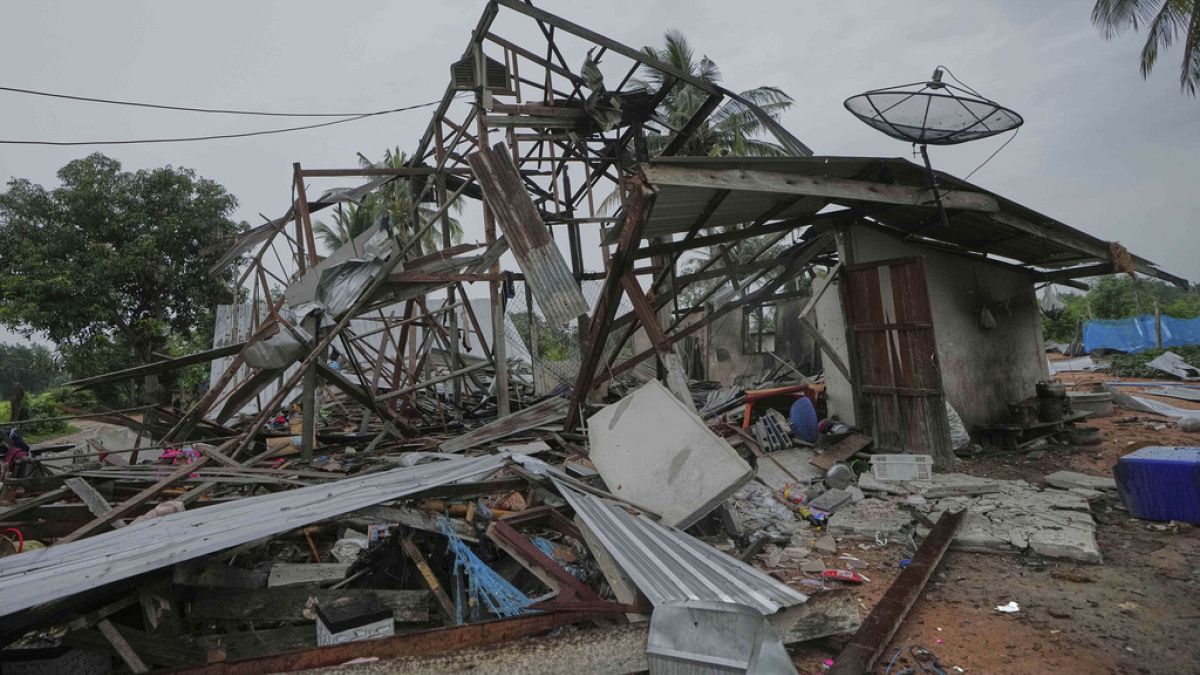

In recent days, significant diplomatic efforts have emerged to address ongoing conflicts in different parts of the world, notably between Thailand and Cambodia as well as in Gaza. These initiatives reflect a collective yearning for peace and stability in regions that have experienced tension and violence.
In Southeast Asia, Thailand and Cambodia have agreed to engage in peace talks with Malaysia serving as a mediator. This commitment follows four days of intense border clashes between the two nations, which have tragically resulted in the deaths of over 35 individuals and the displacement of more than 218,000 people. Acknowledging the dire consequences of continued hostilities, both countries have recognized the importance of dialogue over armed confrontation. The move to host peace talks in Malaysia showcases a regional sense of responsibility, encouraging peaceful resolutions and minimizing further loss of life. Former President Donald Trump’s involvement underscores international attention on the conflict, as he hinted at suspending trade deals with both nations unless a ceasefire is achieved. Such external influences highlight the interconnected nature of global peace efforts.
Parallel to these developments, European leaders have rallied together to call for a ceasefire in Gaza, emphasizing humanitarian perspectives. The recent phone calls between the leaders of France, Germany, and the United Kingdom indicate an urgent, collective effort to address the severe humanitarian conditions in Gaza. The discussions, led by UK Prime Minister Keir Starmer, reflect the shared view that the situation in Gaza is untenable. This ongoing conflict has attracted international concern due to its far-reaching humanitarian implications. Notably, Starmer has taken a proactive stance by urging the United States to re-engage in the peace process. He aims to leverage President Trump’s influence in reviving negotiations between Israel and Hamas, stressing the need for ongoing peace talks to alleviate the “unspeakable suffering” experienced by the civilian population.
Both the Thailand-Cambodia and Gaza situations underscore the complexities and necessities of diplomatic interventions. While the mediation efforts facilitated by Malaysia and encouraged by international figures may pave the way for a resolution between Thailand and Cambodia, the Gaza situation involves a multifaceted approach with diverse parties. Starmer’s initiative points to the indispensable role of the United States in fostering dialogue and restoring peace, and it emphasizes cooperation among various international actors, underscoring a global commitment to peace and humanitarian relief.
The sincerity of these endeavors reflects a broad-based acknowledgment that peaceful dialogue remains the most viable path forward. By fostering cooperation and communication between conflicting parties, there is hope that these initiatives will encourage further steps toward lasting peace. The international community’s role in these discussions highlights the importance of global unity in the pursuit of peace, offering a glimmer of optimism amid current challenges.
As these peace talks progress, the world watches with cautious optimism, hopeful that reconciliation, understanding, and a steadfast dedication to humanitarian relief will guide the outcome. Despite the complexities involved, the willingness of these regions to participate in dialogue represents a significant stride toward stability and peace. It also sets a hopeful precedent for addressing other conflicts worldwide, encouraging a more harmonious global community where dialogue and diplomacy triumph over conflict and division.
Source: {link}
